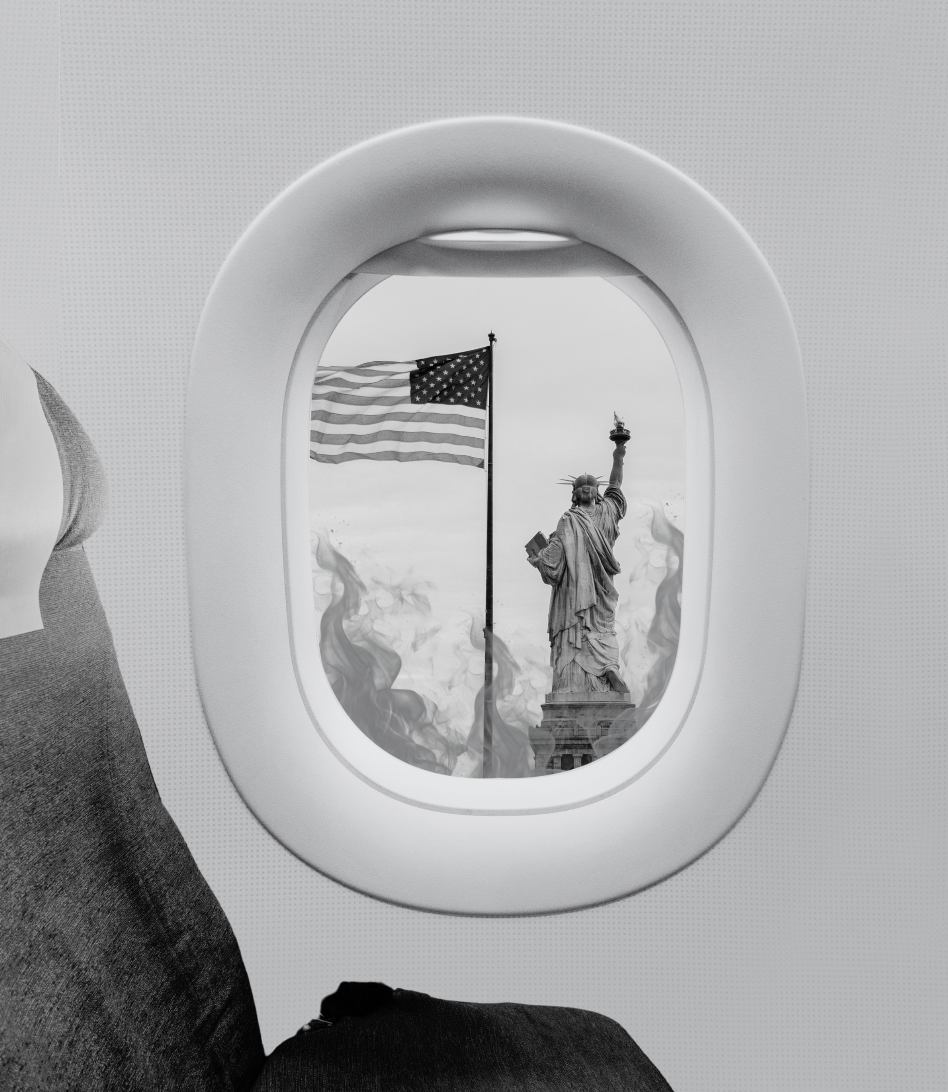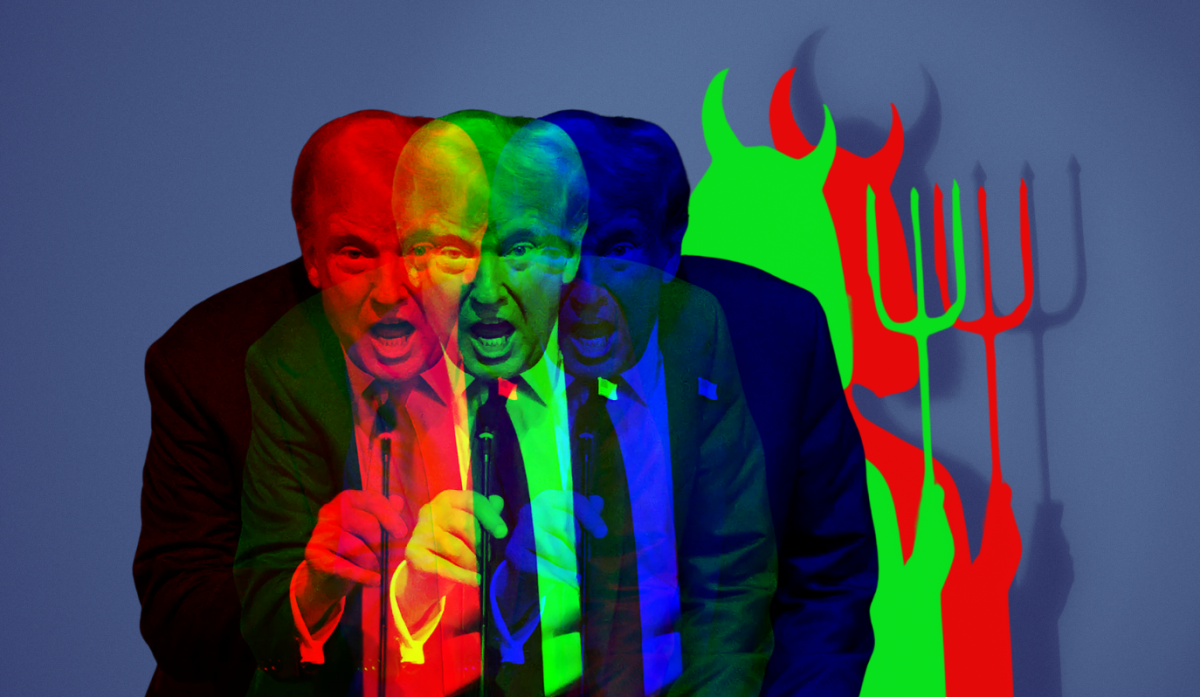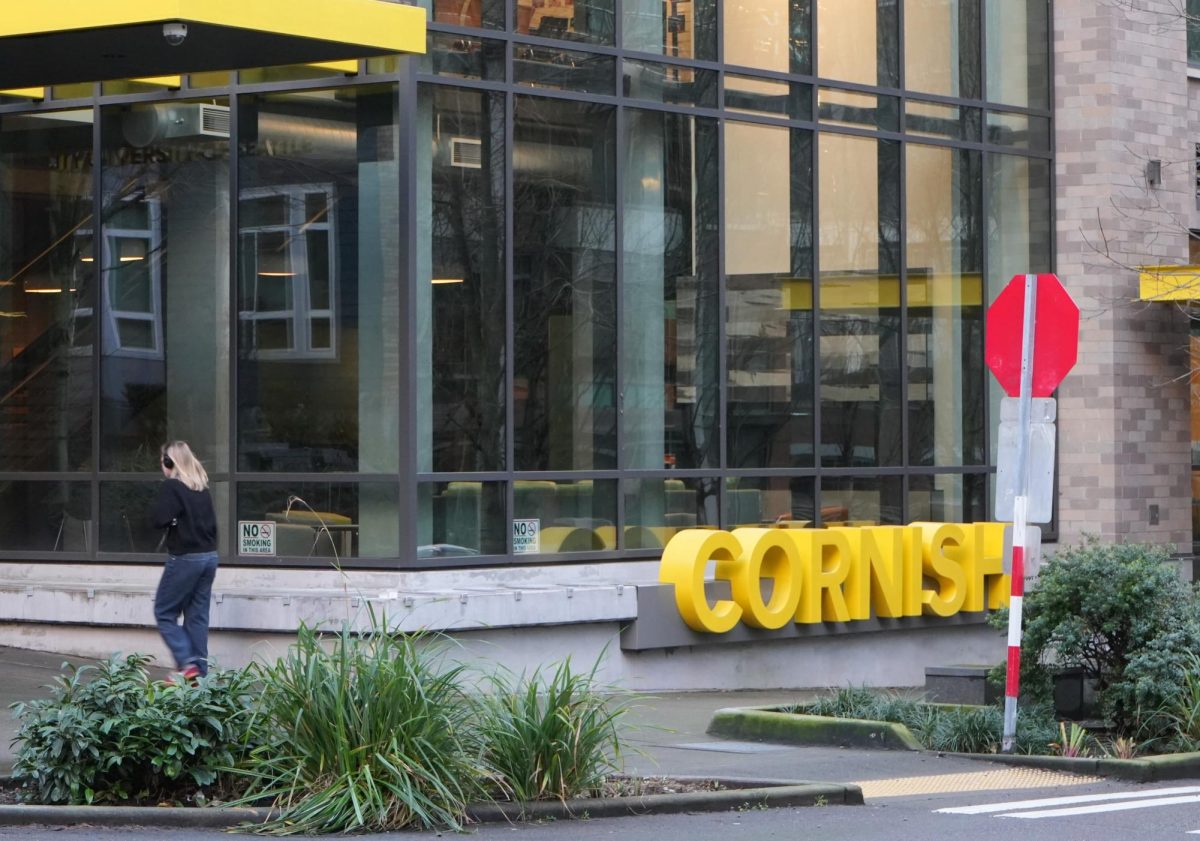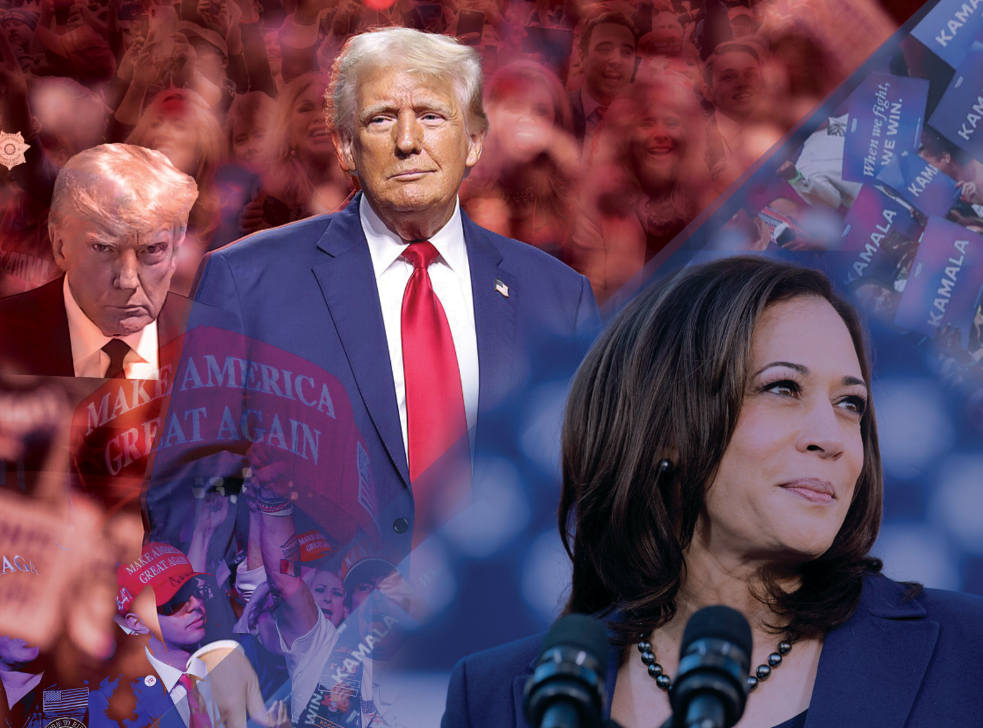To President Eduardo Peñalver, Seattle University Students, Faculty, and Staff:
We write and share this writing about President Peñalver’s May 7th town hall—a town hall ostensibly presented as an opportunity for the highest level of SU’s leadership to not only share its “vision” of the university with the SU community but to listen and answer questions from students, faculty, and staff. Yet when students demonstrated deep care and courage and took the risk of sharing their thoughts, as well as their pain and anxiety, challenging their university with urgent demands in the face of tragic events, President Peñalver silenced them; he dismissed their ideas, their convictions, and their moral clarity, asserting only his own perceptions of what is true, what is “factual.” Our highest leadership repeatedly interrupted, chastised, and belittled students for using what he considered the wrong words, the wrong terms, claiming that they were neglecting technical details and thus effectively declaring they did not—could not—understand what they were talking about. Proclaiming SU’s unblemished record of honoring free speech, President Peñalver used his position of power to illustrate disdain for student speech. We write publicly now to report a campus climate violation on the part of President Peñalver as the tone with which he spoke to students at the town hall “contribut[ed] to creating an unsafe, negative, or unwelcoming campus climate.”
We write also to our students to say, we see you, we hear you—we saw you, we heard you. We write to our students to say, we are proud of you because what you did and what you are doing was and is brave. We write to our students to say that we, your faculty and staff, understand what it looks like, feels like, and sounds like to be a whole person—the sorts of whole people that we are called upon to teach and to nurture by SU’s mission. We write to you, our students, to say you have modeled the kinds of critical thinking and action we have told you SU values—you have demonstrated how intellect is interwoven with emotion and conviction as social justice demands. You embodied our university’s stated mission and values by acting on your concern for justice and commitment to the common good.
Equally, we write to our University president to say that we also saw you, we heard you. We saw you respond to student comments and student emotion not as a caring steward but with disdain, with dismissal, using the skills of “intellect” in the service of power rather than compassion. We heard you get defensive, get angry about both the content of the questions and the fact that you were questioned at all. We saw you fail to follow even the most basic guidelines for inclusive excellence and non-violent communication—you did not listen, you did not allow space, you did not validate, you did not value. It should go without saying that a university president should be able to model inclusive communication and cultivate a sense of belonging for all members of the university community—and that SU’s president, in particular, should be able to do these things. They are, after all, written into our strategic directions, they make up at least part of the foundation of our Office of Diversity and Inclusion, they are woven throughout the values of Ignatian pedagogy upon which SU has built its reputation.
We equally acknowledge the president’s email of May 10th in which he reported on his meetings with students since the town hall. We are pleased to see the steps outlined in the email, but are deeply disappointed that the president failed to acknowledge his tone and treatment of students on May 7th. We write to express more than simply our unhappiness with what happened at the town hall. We write to demand that the president immediately move to repair the damage that he has done to the well-being of our students and thus to the university community as a whole. In addition to the steps outlined in his email, this must include open listening sessions with students, faculty, and staff–moderated by faculty and staff and not by President Peñalver or his immediate staff members and it must include a shared outline of the work that President Peñalver will personally do to learn how to lead Seattle University’s community with inclusion, compassion, and care.
We remind our entire university community that the very first value listed on SU’s Mission, Vision, and Values page is “Care: We put the good of students first.” It is from the perspective of this value that we share this letter and it is from the perspective of this value that we demand a response from the President. Finally, we remind President Peñalver of the Ignatian Pedagogical Paradigm which “aims to educate the whole person and inspire individual transformation and action through the interplay of context, experience, reflection, action, and evaluation.” We write with hope that the events of the May 7th Town Hall will inspire in him particularly an urge to practice reflection, action, and evaluation in the service of our students, our faculty, and our staff.
To sign this letter, click here
In Solidarity,
Saheed Adejumobi, Associate Professor, History
Robert Aguirre, Teaching Professor, English
Yasmin Ali, School of Nursing
Will Bassett, Assistant Director of Admission, Seattle U Law
Jennifer Bautista, Senior Transfer Admissions Counselor, Admissions
Emina Polovina Bayomy, Assistant Teaching Professor, College of Nursing
Russell Black, Adjunct, English Department
Kathryn Bollich-Ziegler, Associate Professor, Psychology
Jocelyn Boudreau, College of Arts and Sciences Academic Advising Center
June Johnson Bube, Associate Professor, English
Matthew Burton, Lead Painter, Facilities Services
Marina Cárcamo, Assistant Professor, Modern Languages and Cultures
Sarah Cate, Assistant Professor, Political Science
Dawn Cerny, Adjunct Professor, Department of Visual Arts
Natalie Cisneros, Associate Professor, Philosophy
Serena Chopra, Assistant Professor, English
Rashmi Chordiya, Associate Professor, Public Affairs and Nonprofit Leadership
Dominic CodyKramers, Teaching Professor, Performing Arts & Arts Leadership
Mohsen Dadfarnia, Mechanical Engineering
Jeff D’Angelo, BSN, RN, CPN, Adjunct Faculty, College of Nursing
Ambera Dedic, ARNP, DNP, Adjunct Clinical Faculty, College of Nursing
Joseph Nicholas DeFilippis, Associate Professor, Social Work
Amelia Seraphia Derr, Associate Professor, Social Work
Leah Dooley, Alum of College of Arts and Sciences
Fade Eadeh, Assistant Professor of Psychology
Theresa Earenfight, Professor Emerita, Department of History and Women, Gender and Sexuality Studies
Rob Efird, Professor of Anthropology and Asian Studies, Anthropology and Sociology
Al O. Eisenbarth, Adjunct Professor, Albers School of Business Ethics
Anne Farina, Assistant Professor, Social Work
Alice Farrer, College of Arts and Sciences
Stefanie Fatooh, Staff, Director of Arts Programming, Department of Visual Arts; Department of Performing Arts & Arts Leadership
Maureen Emerson Feit, Associate Professor, Public Affairs and Nonprofit Leadership
Jarrad Felgenhauer, Philosophy
Heather Reis Fike
Brad Freeman, Adjunct Faculty, English
Daisy S. Garcia, Clinical Assistant Professor, College of Nursing
Kimberly Gawlik, Staff, College of Arts and Sciences
Esmeralda Gonzalez, Faculty Legal Administrative Assistant, School of Law
Sam Harrell, Assistant Professor of Social Work
Hilary Hawley, Teaching Professor, English
Janet Hayatshahi, Assistant Professor, Theatre
Amanda Heffernan, Assistant Professor of Nursing
Pilar Margarita Hernandez Escontrias, Assistant Professor, School of Law
Shannon Hines, Assistant Teaching Professor and Simulation Educator, Nursing
Audrey Hudgins, Clinical Professor, MRI
Naomi Hume, Associate Professor, Art, Art History and Design
Jim Humphreys, Teaching Professor, Mathematics
Sonora Jha, Professor, Communication and Media Department
Alexander Johnston, Associate Professor of Film & Media
Hye-Kyung Kang, Professor, Social Work Department
Kate Koppelman, Associate Professor and Chair of English
Kari Langsea, Assistant Director, Fostering Scholars
Charles Lawrence, Associate Professor, Sociology, Anthropology and Sociology
Erica Lilleleht, Associate Professor, Psychology
Jen Lindsay, Adjunct Professor, Psychology
Rachel E. Luft, Associate Professor of Sociology
Mike Marsolek, Associate Professor, Civil and Environmental Engineering
Margit E. McGuire, Professor, Teacher Education, College of Education
Marc McLeod, Associate Professor, History
Alexander Mouton, Associate Professor, Art Department
David Neel, Associate Professor of Mathematics
Nikkita Oliver, Esq., M. Ed., Adjunct Faculty, Law School
Nicole Plastino, Graduate Program Coordinator, Public Affairs and Nonprofit Leadership
Robin Reich, Assistant Professor, History
Victor Reinking, Associate Professor, Modern Languages and Cultures
Emily Rigsby, Program Coordinator, Psychology Department
Nova Robinson, Associate Professor, History and International Studies and Director of Women, Gender, and Sexuality Studies
Jen Schulz, Teaching Professor, IDLS
Benjamín Schultz-Figueroa, Associate Professor of Film and Media
Eric Severson, Associate Teaching Professor, Philosophy
Frederick Seymour, Campus Minister for Liturgical Music, Campus Ministry, Chapel of St. Ignatius
Alic Shook, Assistant Professor, Nursing
Alexandra Smith, Associate Teaching Professor, English
Rebecca (Becky) Snow, Adjunct Faculty, English Department
Heidi Speck, Senior Administrative Assistant, Theology and Religious Studies; Women, Gender, and Sexuality Studies; ASC Development; LeRoux Endowed Chair
Blake Stemen, Seattle University School of Law
Benedict Stork, Senior Adjunct, Film and Media
Mia Stroutsos, Associate Director for Persistence Initiatives
Nicholas Tamarkin, English
Maria Tedesco, Associate Teaching Professor MRI and THRS
Hannah Tracy, Teaching Professor, English
Kristin Dawn Urban, College of Arts and Sciences Academic Advising Center
Marta Vegdahl-Crowell, Senior Admissions Counselor, Undergraduate Admissions
Jerome Veith, Senior Adjunct Professor, Philosophy
Brianna Voss, Adjunct Professor, Modern Languages – Arabic
Amy Walker, Faculty, Nursing
Anna Watson, Adjunct Faculty, Social Work
Josephine Whittock, Department of Arts & Sciences Student












